Tuesday, 23 April 2024
Menu
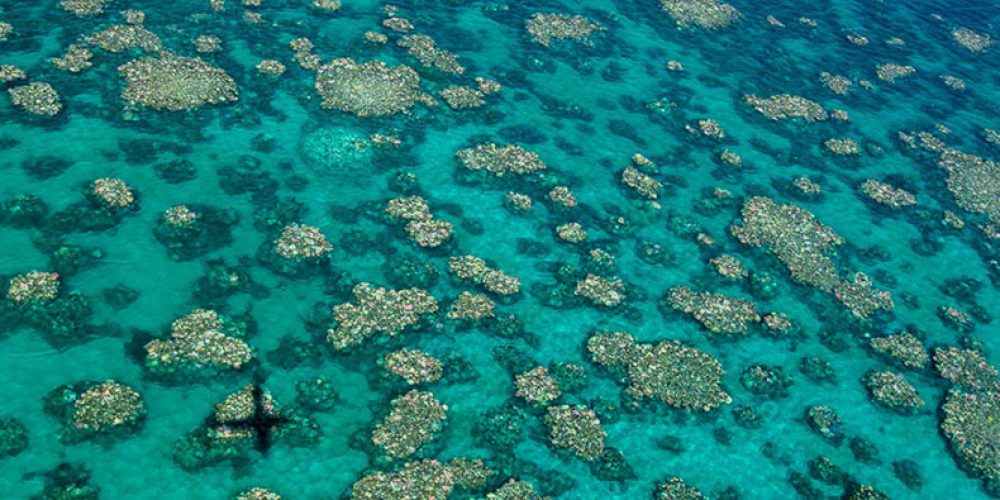
Their experiment was the first in which carbon dioxide was deliberately added to seawater to acidify it before it was allowed to flow through a natural coral reef. Water acidification levels were applied to reflect CO2 projections by the end of the century, and the results are expected to confirm for the first time the negative effects of acidity on entire reef ecosystems, not just individual organisms or species.
US scientists Rebecca Albright of the California Academy of Sciences and Ken Caldeira of the Carnegie Institution for Science in Washington led the study, published in Nature. Two years ago, they conducted another experiment in which they made seawater flowing over a coral reef more alkaline – to reflect conditions 100 years ago.
The results showed that the corals responded positively to the ‘acid neutraliser’ treatment. In a recent study carried out on a part of the Great Reef called One Tree Island, the team successfully treated the reef with ‘heartburn’. Carbon dioxide is emitted into the atmosphere when coal, oil or gas is burned, and is absorbed into seawater, with which it reacts to produce carbonic acid. This suppresses the natural calcification process by which coral reefs grow.
[blockquote style=”2″]”Our findings provide strong evidence that carbon dioxide-induced ocean acidification will severely slow coral reef growth in the future unless we take rapid and rapid reductions in greenhouse gas emissions,” said Albright. “Coral reefs provide livelihoods for surrounding communities that rely on fishing and tourism, but to me, a reef is a beautiful and diverse specimen of life that we are harming by emitting carbon dioxide into the atmosphere,” added Caldeira.”[/blockquote]
Source: divernet.com
[pro_ad_display_adzone id=”31298″]

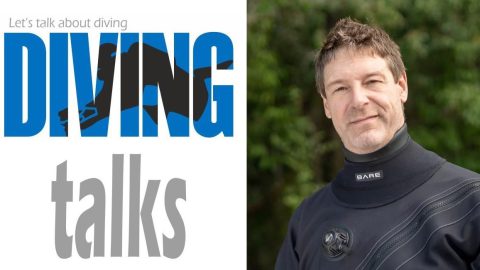
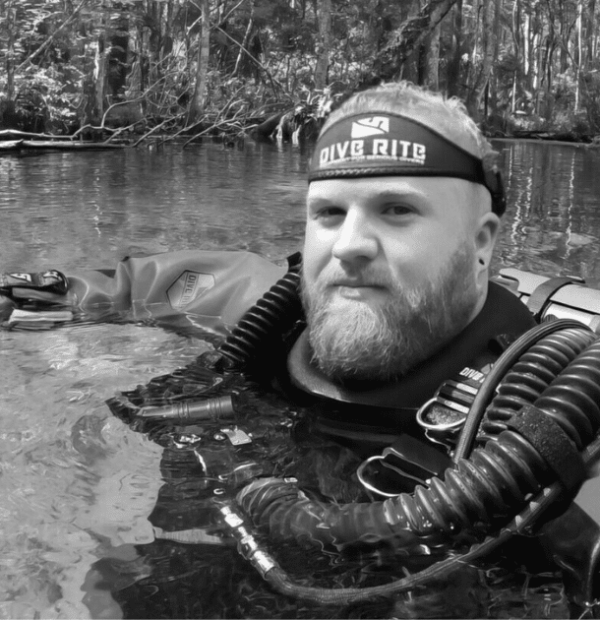

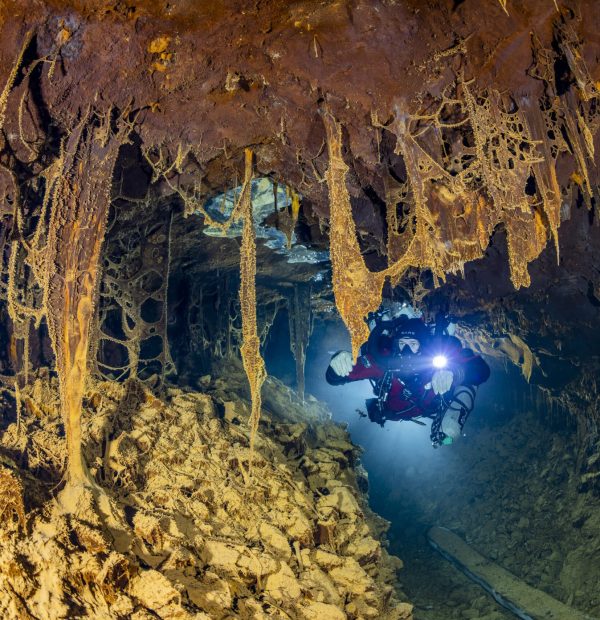
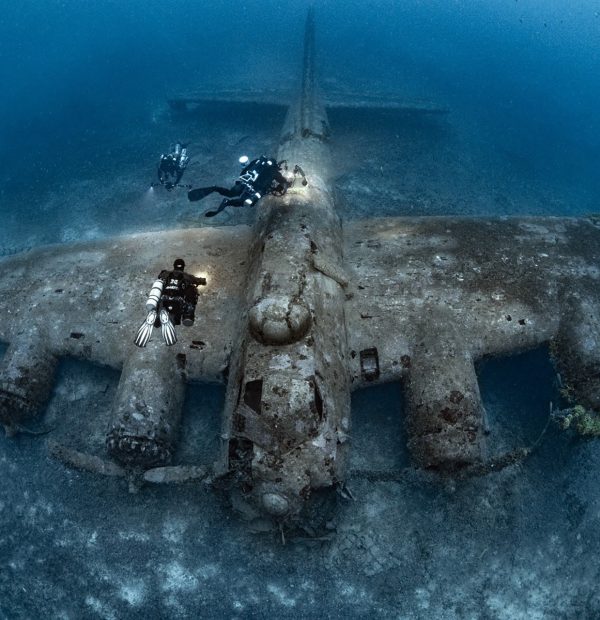

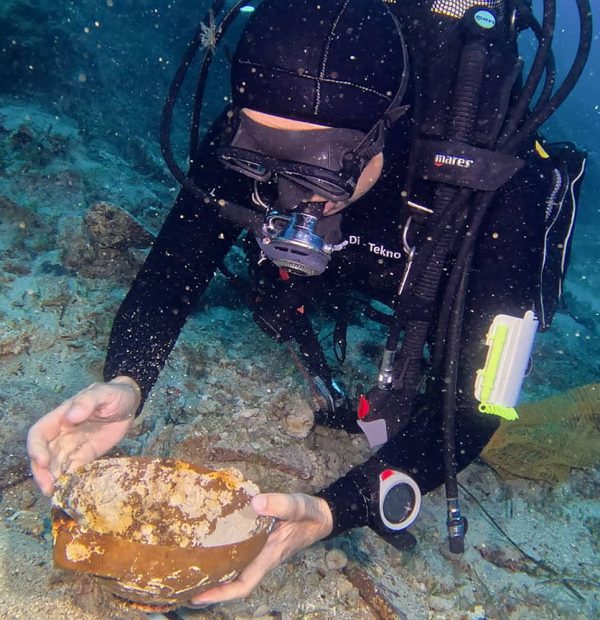
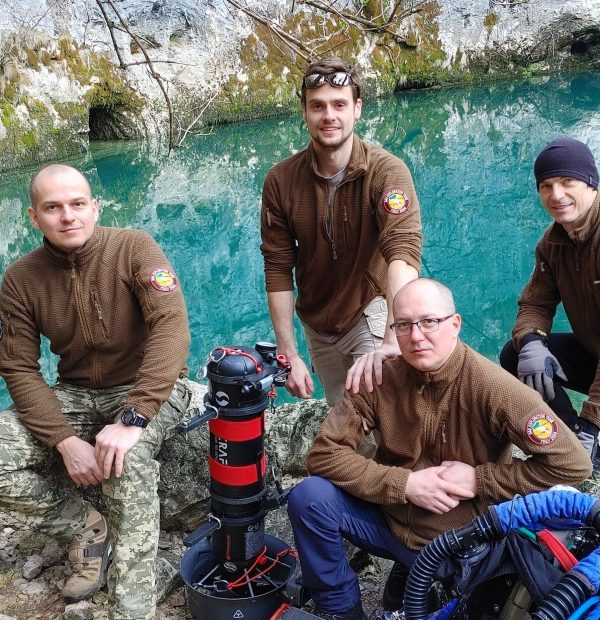

Welcome to DIVERS24.COM, your daily source of scuba news, freediving, scuba diving information, and equipment reviews. Our comprehensive coverage of the dive industry from A to Z provides you with all the latest scuba news, training updates, underwater photography tips, and everything else related to scuba diving. Whether you’re a beginner or an experienced diver looking for more knowledge about scuba gear or techniques – we’ve got it covered! With our in-depth articles written by experienced divers who have been there and done that, you are sure to find exactly what you need here at Divers24.com. Dive into scuba news today!
Underwater Media Sp. z o.o.
Szafarnia 11/F8,
80-755 Gdansk, Poland
Welcome to DIVERS24.COM, your daily source of scuba news, freediving, and scuba diving information. Sign in for a weekly news update and discount coupons for dive gear and apparel.
@2023 - underwatermedia.pl. All Right Reserved. Designed and Developed by Tworzenie stron internetowych Gdansk

The Divers24 portal is currently the largest online medium treating diving in Poland. Since 2010 we have been providing interesting and important information from Poland and around the world on all forms of diving and related activities.
Contact us: info@divers24.com